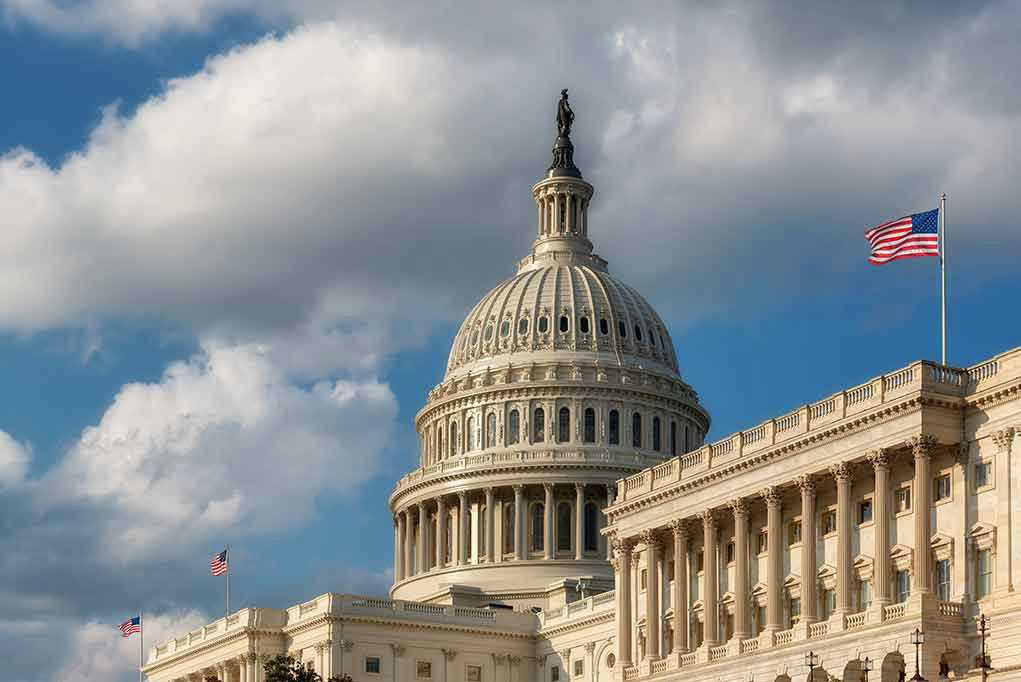Bessent to SKIP G20 Meeting – And Here’s Why

Scott Bessent, the Trump-appointed U.S. Treasury Secretary, will skip the major G20 finance meeting in South Africa for a second time, choosing instead to lead the U.S. delegation at the Osaka World Expo—leaving America’s leadership role at the G20 dangling by a thread, while diplomatic tensions and tariff threats escalate worldwide.
At a Glance
- Scott Bessent to skip the July G20 finance summit in South Africa, sending a deputy in his place.
- U.S. Treasury prioritizes Osaka Expo over South Africa’s G20 presidency, signaling a shift in diplomatic focus.
- Trump administration ramps up tariffs on Japan and South Africa, intensifying trade disputes.
- Repeated U.S. absences at G20 meetings raise questions about America’s global economic leadership.
Treasury Secretary’s Second G20 Snub Sends Message to South Africa—and the World
The G20—supposedly the crown jewel of global economic cooperation—holds its finance ministers’ summit in South Africa this July, but don’t expect to see the U.S. Treasury Secretary there. Scott Bessent, known for his Wall Street acumen, is skipping the meeting for the second time in 2025. Instead, he’s heading to the Osaka Expo for America’s national day, while Michael Kaplan, a senior Treasury official, fills his empty seat at the G20 table. If you’re searching for a signal that the United States is not in the mood for multilateral window dressing under a South African presidency, look no further. For a country about to assume the G20 presidency in 2026, this snub is as subtle as a 2×4 to the face.
The move follows Bessent’s earlier absence from the February G20 summit, where he stayed in Washington for President Trump’s first cabinet meeting. Back then, the official excuse was domestic priorities. Now, with a major bilateral trade event in Japan, the message is clear: America’s not playing by anyone else’s script, least of all South Africa’s, especially as diplomatic spats over land reform and alleged violence against white farmers heat up. This administration is not interested in the globalist group hug or South Africa’s agenda—it’s America First, and make no mistake, everyone is getting the memo.
Tariffs, Tensions, and the Trump Doctrine: America’s New Playbook
While Bessent’s G20 absence grabs headlines, the real fireworks are coming from President Trump’s playbook. The man who loves tariffs like a cat loves catnip has just slapped a 25% tariff on Japanese imports, effective August 1, and is threatening South Africa with a 30% tariff unless Pretoria drops trade barriers. According to the White House, these moves are designed to protect American workers and force trading partners to the negotiating table. The Japanese prime minister is gamely trying to salvage a deal, but the message from Washington is blunt: comply, or pay up.
Can anyone really be surprised? The Trump administration’s approach to trade has always been transactional and combative, not unlike a barroom brawl in a spaghetti western. Previous rounds of tariffs—on China, on steel, on autos—were just the warm-up act. Now, with America’s G20 engagement dialed down to a low simmer, the world is seeing the full consequences of a government determined to rewrite the rules, no matter who gets scorched in the process. It’s the global economy as reality TV drama, and the U.S. isn’t afraid to play the villain if it means getting what it wants.
Global Leadership or Global Headache? Allies and Adversaries React
America’s allies are trying to read the tea leaves after Bessent’s second G20 no-show. Some wonder if the U.S. is ceding its leadership role just as it’s supposed to take the G20 helm next year. For decades, the Treasury Secretary’s chair at these meetings has been a symbol of U.S. authority and influence. Two absences in a row? That’s not just a scheduling conflict—it’s a statement. Critics warn that pulling back from these forums could leave the door wide open for rivals like China, who would love nothing more than to set the rules while the U.S. is busy elsewhere.
But supporters of the current administration see things differently. They argue that Bessent’s focus on the Osaka Expo, and by extension on the critical U.S.-Japan alliance, is a rational choice in a world where bilateral deals trump multilateral posturing. After all, what has the G20 ever delivered for ordinary American families—besides a lot of hot air, self-congratulation, and the endless erosion of U.S. sovereignty? If the price of restoring American strength is a few ruffled feathers in Pretoria or Brussels, that’s a bargain.
America First or America Alone? The Stakes for Ordinary Citizens
For American workers, farmers, and small businesses, these high-level diplomatic chess moves translate into real-world uncertainty. New tariffs could disrupt supply chains and raise costs. Retaliatory measures might squeeze exporters already operating on thin margins. Investors, always allergic to unpredictability, may start to sweat as international forums lose their coherence. At the same time, the administration’s supporters believe that only by standing up to globalist groupthink—whether at the G20 or in trade negotiations—can the U.S. protect its economy and way of life from foreign interference and bad deals.
One thing remains clear: the gloves are off. As the U.S. prepares to take the G20 presidency in 2026, the world will have to decide whether it wants American leadership on American terms—or no American leadership at all. For a frustrated nation tired of “business as usual” and endless compromise, that may not sound like such a bad deal.







